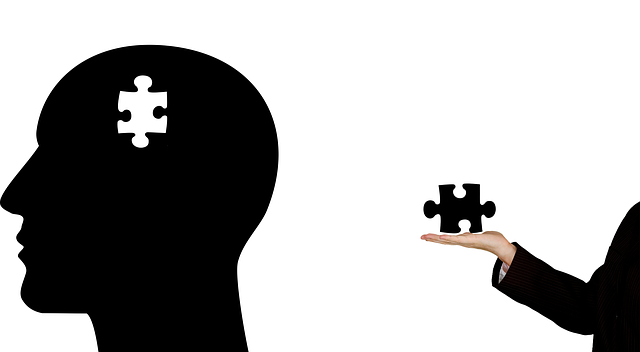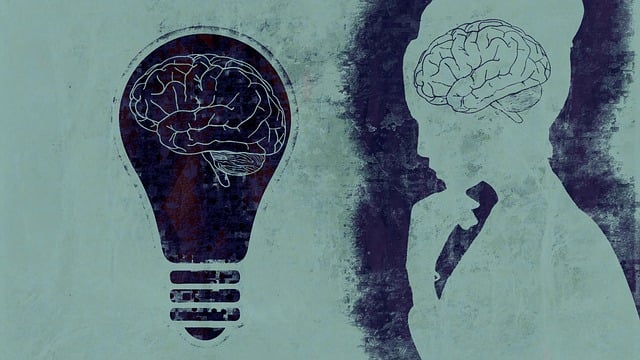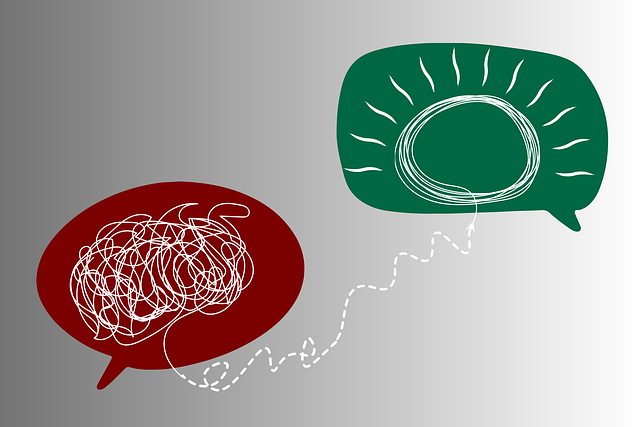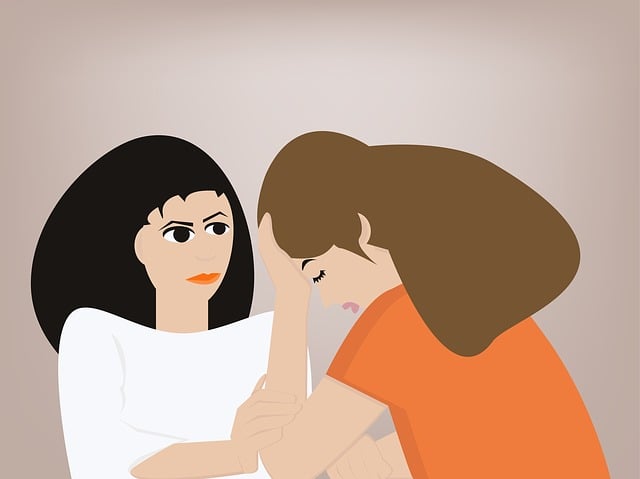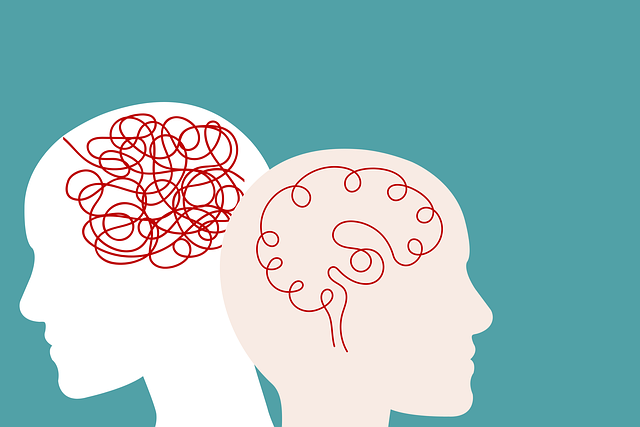Mindfulness meditation emerges as a powerful and accessible therapy for postpartum depression (PPD) in Castle Rock, addressing unique maternal challenges. By cultivating present-moment awareness, breath control, and bodily sensation observation, it fosters emotional regulation, resilience, and acceptance. Regular practice enhances well-being, offering an effective PPD symptom management strategy and a peaceful pathway to reconnect with oneself. This ancient practice, proven effective for conditions like Castle Rock postpartum depression therapy, enhances self-regulation, reduces anxiety and depression symptoms, and prevents relapse. Creating a dedicated meditation space and integrating mindfulness into daily routines further benefits recovery, improving mental health management, emotional intelligence, and self-esteem.
Discover the transformative power of mindfulness meditation with our comprehensive guide, tailored to address Castle Rock postpartum depression therapy. Explore effective strategies for managing mental health through understanding mindfulness principles, reaping healing benefits, and creating a peaceful meditation space. Learn practical techniques, from setting up your sanctuary to integrating mindfulness into daily routines, fostering long-term wellbeing. Unwind, find clarity, and embrace a balanced life with these essential practices.
- Understanding Mindfulness Meditation for Postpartum Depression
- The Benefits of Mindfulness in Healing and Recovery
- Setting Up Your Meditation Space: Creating a Calm Environment
- Techniques and Exercises for Effective Meditation Practice
- Integrating Mindfulness into Daily Life: Sustaining Long-Term Wellbeing
Understanding Mindfulness Meditation for Postpartum Depression

Mindfulness meditation has emerged as a powerful tool to combat postpartum depression (PPD), a condition that can deeply impact new mothers in Castle Rock. PPD often presents unique challenges, and traditional therapy approaches might not always resonate with everyone. This is where mindfulness steps in as a game-changer. By focusing on the present moment, breath, and bodily sensations, individuals can cultivate a profound sense of self-awareness and emotional regulation.
Practicing mindfulness meditation involves observing thoughts and feelings without judgment, fostering resilience building and conflict resolution techniques within. It encourages acceptance, helping mothers navigate the intense emotional landscape post-delivery. Through regular practice, mindfulness meditation can enhance overall well-being, providing an effective strategy to manage symptoms of PPD. This ancient practice offers a gentle yet profound way to reconnect with oneself, allowing for a peaceful mind and a renewed sense of balance.
The Benefits of Mindfulness in Healing and Recovery

Mindfulness meditation has emerged as a powerful tool in healing and recovery, offering significant benefits for mental health and emotional well-being. It is particularly effective in addressing conditions like Castle Rock postpartum depression therapy, where managing stress and emotions can be challenging. By focusing on the present moment and cultivating awareness without judgment, individuals can develop a deeper understanding of their thoughts and feelings, leading to improved coping mechanisms.
The practice enhances self-regulation, enabling better management of intense emotions and promoting a sense of calm. This is crucial in reducing symptoms of anxiety and depression, as well as preventing relapse. Moreover, mindfulness meditation encourages cultural sensitivity in mental healthcare practice, as it respects individual differences and fosters an environment where diverse perspectives are valued. Healthcare provider cultural competency training emphasizes the importance of these techniques in improving patient outcomes, ensuring that everyone receives personalized and compassionate care.
Setting Up Your Meditation Space: Creating a Calm Environment

Creating a dedicated meditation space can significantly enhance your mindfulness practice, especially for those seeking Castle Rock postpartum depression therapy or trauma support services. Start by clearing a quiet area free from distractions where you can comfortably sit for an extended period. Soften the environment with calming colors and textures; consider adding plants or candles to foster a sense of tranquility. A cozy yet structured space encourages consistent meditation, allowing your mind to fully immerse in the present moment.
Remember, your meditation corner should reflect your personal preferences and promote relaxation. Whether it’s a comfortable cushion, a favorite blanket, or soothing background music (e.g., nature sounds), these elements contribute to a positive mindset and can boost your confidence in navigating challenges, including depression and anxiety. Incorporating such practices into your daily routine may encourage positive thinking and overall well-being.
Techniques and Exercises for Effective Meditation Practice

Effective meditation practice involves a variety of techniques and exercises designed to calm the mind and foster mental clarity. One popular method is mindfulness meditation, which encourages individuals to focus on the present moment, observing thoughts and sensations without judgment. This can be achieved through guided visualizations, where practitioners are led through peaceful scenarios, helping them disconnect from stressors. Deep breathing exercises, such as alternating nostril breathing or 4-7-8 breathing, activate the relaxation response in the body, reducing anxiety and promoting a sense of calm.
Integrating mindfulness into daily routines can significantly enhance mental well-being. For instance, mindful walking involves paying attention to each step, the sensation of feet touching the ground, and surrounding sounds and sights. Similarly, mindful eating encourages slow, deliberate consumption, allowing individuals to appreciate flavors and textures fully. These practices not only strengthen meditation skills but also serve as powerful tools for stress management, potentially offering relief from conditions like postpartum depression, as supported by Castle Rock Postpartum Depression Therapy. Crisis intervention guidance and depression prevention strategies often incorporate mindfulness techniques, highlighting their effectiveness in navigating mental health challenges. Moreover, organizations specializing in stress management workshops leverage these practices to empower individuals with tools to enhance resilience and overall well-being.
Integrating Mindfulness into Daily Life: Sustaining Long-Term Wellbeing

Integrating mindfulness into daily routines can significantly contribute to long-term wellbeing, especially for individuals recovering from conditions like Castle Rock postpartum depression therapy. Beyond occasional practice, cultivating mindfulness involves making it an intrinsic part of one’s life. This could mean starting the day with a few minutes of focused breathing or engaging in mindful walking during breaks at work. Such consistent practices help reduce stress and enhance emotional intelligence, enabling better management of mental health.
Over time, these habits can lead to self-esteem improvement and improved overall quality of life. For mental health professionals conducting risk assessments, integrating mindfulness into their own lives is not just a personal choice but also a crucial aspect to consider. It ensures they remain grounded, empathetic, and capable of effectively assisting clients in navigating their mental health journeys.
Mindfulness meditation offers a powerful tool for managing postpartum depression, as evidenced by its growing popularity in Castle Rock Postpartum Depression Therapy. By understanding its benefits and integrating practices into daily life, individuals can foster healing and long-term wellbeing. The techniques outlined in this article provide a foundation for cultivating mindfulness, enabling readers to navigate their emotional landscapes with greater ease and resilience. Through dedicated practice, it’s possible to find tranquility within the chaos and embrace a more balanced, fulfilling life.




